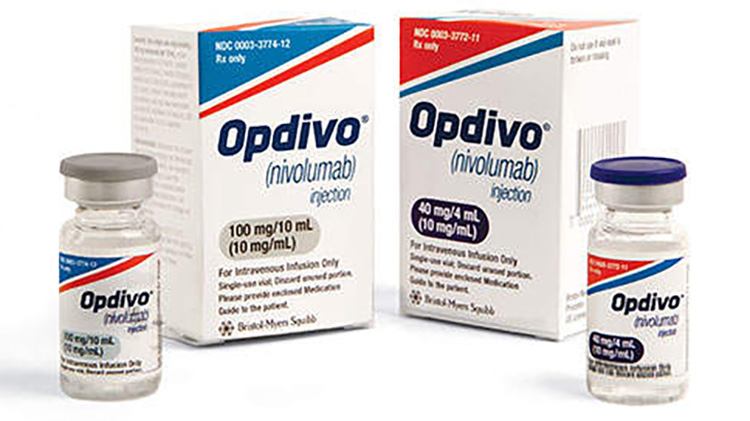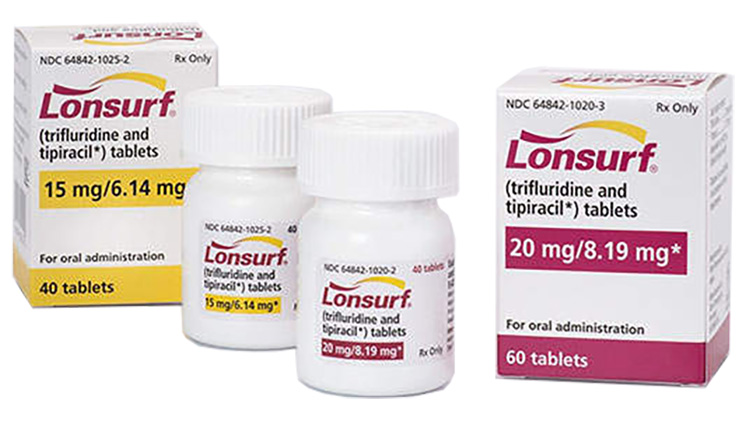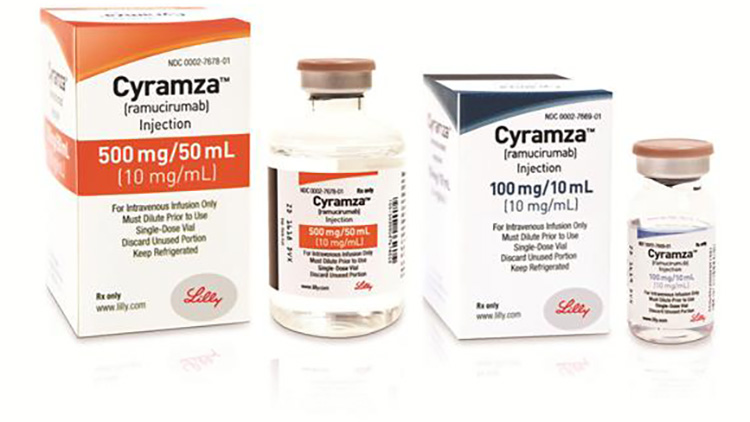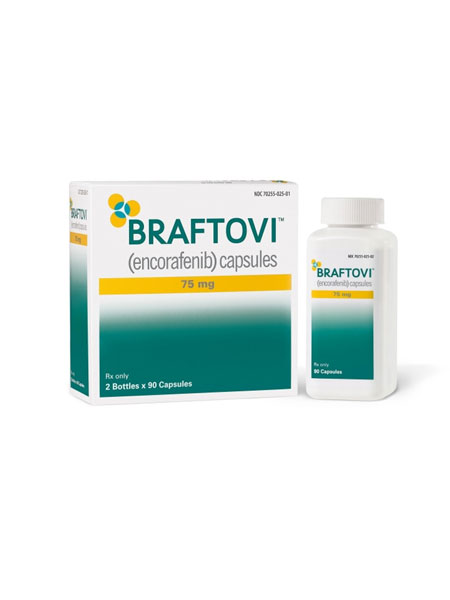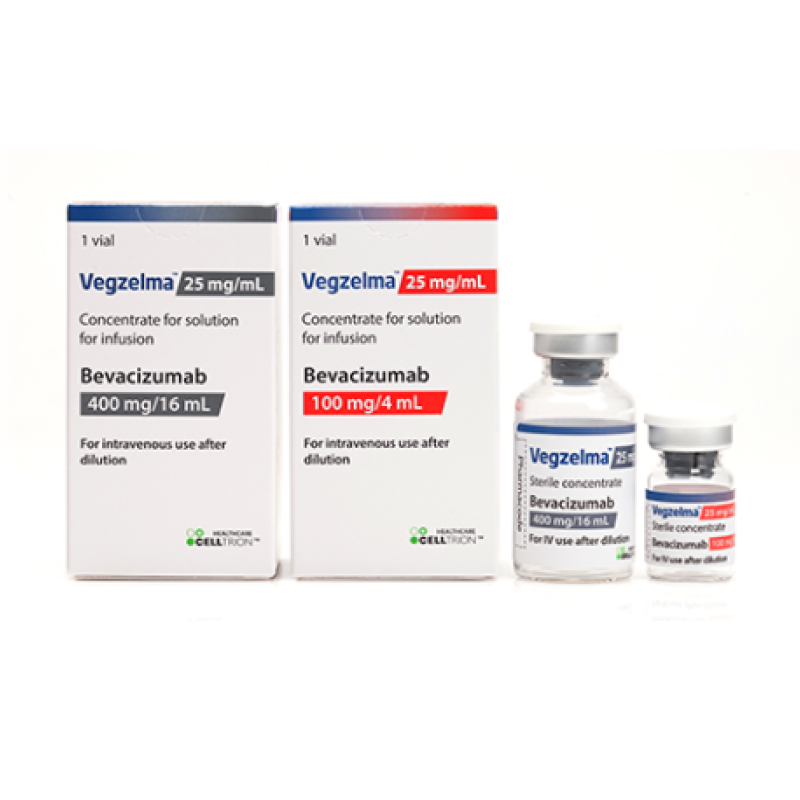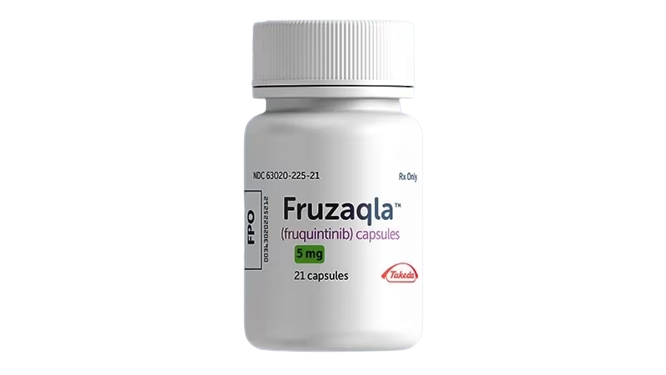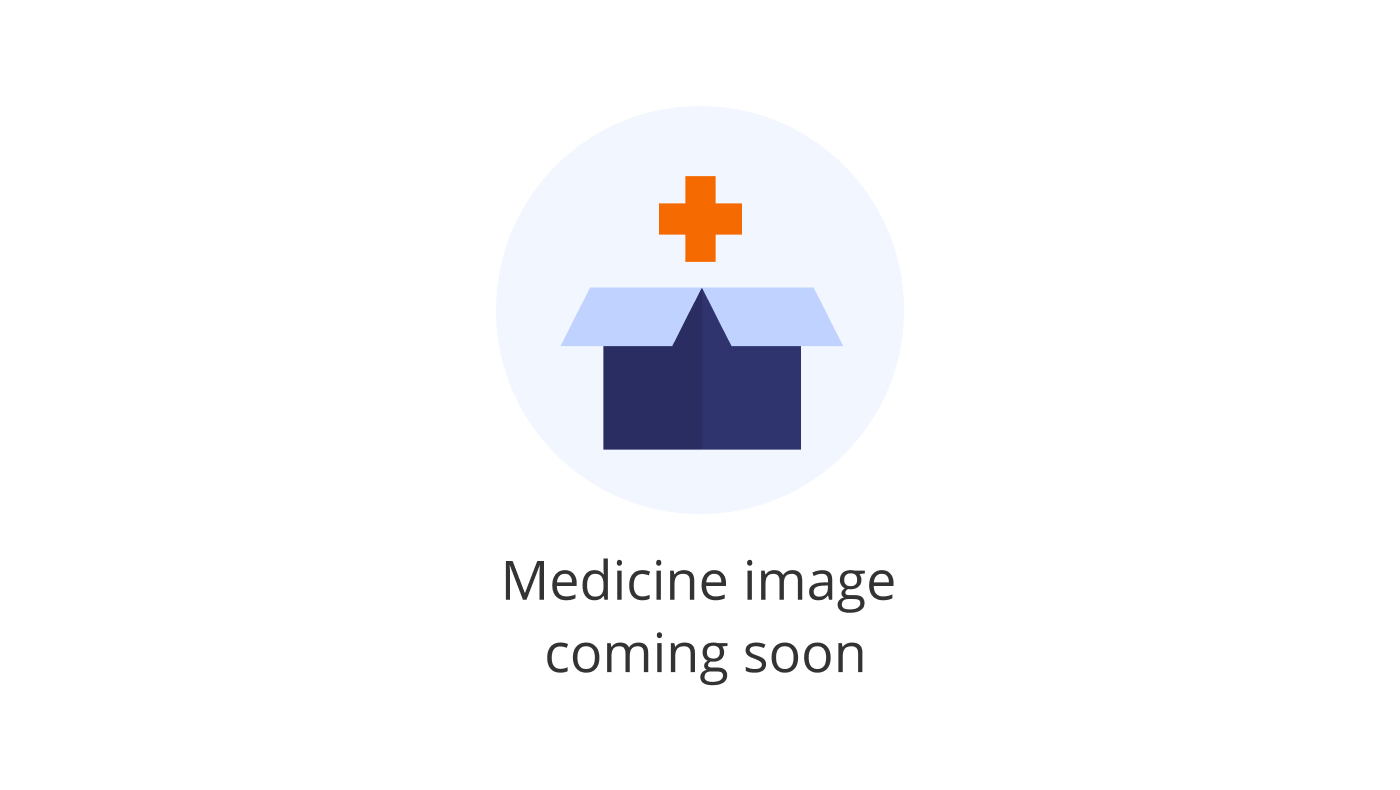New Colorectal Cancer treatments 2024
New Colorectal Cancer Treatments 2024
Colorectal cancer is a type of cancer that begins in the colon or rectum, which are parts of the large intestine and the digestive system's lower end. It often starts as small, noncancerous (benign) clumps of cells called polyps that form on the inside of the colon. Over time some of these polyps can become colorectal cancers. Symptoms can include changes in bowel habits, blood in the stool, persistent abdominal discomfort, weakness or fatigue, and unexplained weight loss. Early detection through screening is crucial as it can significantly increase the chances of successful treatment.
Treatment options for colorectal cancer vary depending on the stage and location of the cancer, as well as the overall health and preferences of the patient. Surgery is often the primary treatment for early-stage colorectal cancer, while advanced stages may require chemotherapy, radiation therapy, targeted therapy, or a combination of these treatments. Medications used in the treatment can include chemotherapeutic agents such as fluorouracil, capecitabine, and oxaliplatin, as well as targeted drugs like bevacizumab and cetuximab for certain genetic profiles. Immunotherapy is a newer area of treatment that may be an option for some patients with advanced colorectal cancer. It is essential for patients to discuss with their healthcare providers to understand the potential benefits and risks of each treatment option and to determine the most appropriate course of action for their individual situation.

Treatment options
| Treatment option | Estimated cost | Efficacy | Eligibility |
|---|---|---|---|
| Surgery | Varies widely | High for localized cancer | Typically for stages I-III, sometimes stage IV |
| Chemotherapy | $1,000 - $12,000/month | Varies by regimen and stage | Most stages, often after surgery |
| Radiation Therapy | $2,000 - $12,000/month | High for localized cancer | Often for stage II-III, sometimes stage I or IV |
| Targeted Therapy | $4,000 - $13,000/month | Varies based on genetic markers | Depends on specific genetic changes in the cancer |
| Immunotherapy | $10,000 - $30,000/month | Varies, can be significant for some | Usually for advanced or metastatic cancers |
| Opdivo (Nivolumab) | $13,000 - $16,000/month | Can be effective in MSI-H/dMMR cancers | For advanced colorectal cancer after prior treatments |
| Lonsurf (Trifluridine/Tipiracil) | $7,000 - $11,000/month | Modest increase in survival | For metastatic colorectal cancer after prior therapy |
| Keytruda (Pembrolizumab) | $11,000 - $15,000/month | Effective in MSI-H/dMMR cancers | For advanced colorectal cancer with specific genetic features |
| Cyramza (Ramucirumab) | $10,000 - $15,000/month | Can improve survival when combined with chemotherapy | For metastatic colorectal cancer with disease progression |
| Xeloda (Capecitabine) | $1,000 - $4,000/month | Comparable to standard chemotherapy | For stage III colon cancer post-surgery and metastatic cases |
| Braftovi (Encorafenib) | $11,000 - $14,000/month | Effective in BRAF V600E mutation-positive colorectal cancer | For metastatic colorectal cancer with specific mutation |
| Vegzelma (Bevacizumab biosimilar) | $4,000 - $7,000/month | Similar to original bevacizumab | For metastatic colorectal cancer, often combined with chemotherapy |
| Fruzaqla (Tucatinib) | Experimental - costs not established | Currently under investigation | Not yet approved; eligibility for clinical trials |
Treatments options in detail
Standard Treatment Options for Colorectal Cancer
Colorectal cancer treatment typically involves a combination of therapies, which may include surgery, chemotherapy, radiation therapy, and targeted therapy. The choice of treatment largely depends on the stage of the cancer, the location of the tumor, the patient's overall health, and personal preferences.
Surgery is often the first-line treatment for colorectal cancer, especially when the disease is localized. Procedures can range from polypectomy, which is the removal of polyps during a colonoscopy, to more extensive surgeries such as a colectomy, where part of the colon is removed.
Chemotherapy is used to destroy cancer cells and is often administered after surgery to eliminate any remaining cancer cells, a process known as adjuvant chemotherapy. Drugs such as 5-fluorouracil (5-FU), capecitabine (Xeloda), and oxaliplatin are commonly used chemotherapeutic agents for colorectal cancer.
Radiation therapy may be used in conjunction with chemotherapy, especially in rectal cancer, to shrink tumors before surgery or to eliminate cancer cells that may remain post-surgery.
Targeted therapy involves drugs that target specific pathways that cancer cells use to grow and spread. Bevacizumab (Avastin) and cetuximab (Erbitux) are examples of targeted agents used in colorectal cancer treatment.
Chemotherapy Agents for Colorectal Cancer
Capecitabine (Xeloda) is an oral chemotherapeutic agent that is often used in the treatment of colorectal cancer. It is a prodrug that is converted to 5-FU in the body and can be used alone or in combination with other drugs.
Trifluridine/tipiracil (Lonsurf) is another oral chemotherapy option for patients with metastatic colorectal cancer who have previously been treated with chemotherapy and targeted therapies.
Immunotherapy for Colorectal Cancer
Immunotherapy has emerged as a treatment option for certain types of colorectal cancer, particularly those that are microsatellite instability-high (MSI-H) or have mismatch repair deficiency (dMMR). These cancers tend to have a large number of mutations, which make them more likely to respond to immunotherapy.
Nivolumab (Opdivo) and pembrolizumab (Keytruda) are immune checkpoint inhibitors that have been approved for use in MSI-H or dMMR metastatic colorectal cancer. These drugs work by blocking the PD-1 pathway, which cancer cells can exploit to avoid being attacked by the immune system.
Targeted Therapy for Colorectal Cancer
For patients whose tumors have specific genetic mutations, targeted therapies can be an effective treatment option. Encorafenib (Braftovi) is a targeted therapy used in combination with cetuximab for the treatment of adult patients with metastatic colorectal cancer that has a BRAF V600E mutation, as detected by an FDA-approved test.
Ramucirumab (Cyramza) is a targeted antibody that binds to the VEGF receptor-2 and is used in combination with chemotherapy for the treatment of metastatic colorectal cancer after prior therapy.
Biosimilars and Off-Label Treatments
Vegzelma is a biosimilar to bevacizumab (Avastin), a monoclonal antibody that inhibits angiogenesis. Biosimilars are biologic medical products that are highly similar to an already approved biological medicine. They are intended to have the same treatment effects and are used when the original product's patent expires.
Off-label drug use refers to the use of pharmaceutical drugs for an unapproved indication or in an unapproved age group, dosage, or route of administration. Off-label treatments are generally prescribed when a physician believes it will benefit the patient and there is evidence to support its use, even if it is not FDA-approved for that specific indication.
Experimental Treatments for Colorectal Cancer
Experimental treatments for colorectal cancer are typically available through clinical trials. These treatments may include new chemotherapy drugs, targeted therapies, immunotherapies, or combinations of existing drugs. Patients interested in experimental treatments should discuss the potential risks and benefits with their healthcare provider and consider enrolling in a clinical trial.
One such experimental treatment is Fruquintinib (Fruzaqla), a small molecule drug that inhibits the vascular endothelial growth factor (VEGF) receptors, which play a key role in angiogenesis. While it has shown promise in clinical trials, it is not yet approved by the FDA for the treatment of colorectal cancer.
In conclusion, the treatment of colorectal cancer involves a multimodal approach that may include surgery, chemotherapy, radiation therapy, targeted therapy, and immunotherapy. The use of new drugs and off-label treatments can offer additional options for patients, especially those with advanced or refractory disease. Experimental treatments available through clinical trials continue to push the boundaries of what is possible, offering hope for improved outcomes in the future.
Symptoms
Symptoms of Colorectal Cancer
Colorectal cancer refers to cancer that begins in the colon or rectum. The symptoms of colorectal cancer can be subtle and may not make themselves known until the disease has progressed. However, there are several common symptoms that individuals may experience, which should prompt further medical evaluation.
The most common symptom of colorectal cancer is a change in bowel habits. This can include diarrhea, constipation, or a change in the consistency of stool that lasts for more than a few days. An individual may also notice that they are not able to completely empty their bowel when they have a bowel movement.
Rectal bleeding or blood in the stool is another prevalent symptom. The blood can appear bright red or very dark, and it may be noticed on the toilet paper or in the toilet bowl. It is important to note that while hemorrhoids can also cause blood in the stool, any rectal bleeding should be evaluated by a healthcare provider to rule out cancer or other serious conditions.
Many individuals with colorectal cancer experience persistent abdominal discomfort, such as cramps, gas, or pain. There may also be a feeling that the abdomen is full or bloated. In some cases, a tumor in the colon or rectum can cause a blockage, leading to these symptoms.
Unexplained weight loss is a symptom that can be associated with many types of cancer, including colorectal cancer. When the body is fighting cancer, it can cause a significant decrease in weight without any changes in diet or exercise habits.
Fatigue or weakness is also commonly reported by those with colorectal cancer. This can be due to the cancer itself or related to blood loss from the tumor, leading to anemia and a resultant lack of energy.
A feeling of incomplete evacuation, where one feels the need to have a bowel movement that is not relieved by doing so, can be a symptom of colorectal cancer. This sensation can be caused by a tumor within the bowel that interferes with normal elimination.
Iron deficiency anemia, which can cause symptoms of weakness, fatigue, and shortness of breath, may be a sign of colorectal cancer, especially in men and postmenopausal women. This type of anemia can occur when there is chronic blood loss that is not obvious, often due to a tumor in the colon or rectum.
Some less common symptoms include a narrowing of the stool that lasts for more than a few days, unexplained abdominal or back pain, and a feeling of fullness or bloating in the belly. Additionally, nausea or vomiting can be symptoms of a bowel obstruction, which may be caused by a large colorectal tumor.
It is important to note that many of these symptoms can be caused by conditions other than colorectal cancer, such as infection, inflammatory bowel disease, or hemorrhoids. However, if these symptoms are new, persist for more than a few days, or change in intensity, it is crucial to consult a healthcare provider for an appropriate evaluation.
Early detection of colorectal cancer significantly improves the chances of successful treatment. Therefore, individuals should not only be aware of these symptoms but also engage in regular screening procedures as recommended by healthcare professionals based on their age and risk factors.
As with any cancer, the absence of symptoms does not necessarily mean the absence of disease, particularly in the early stages. This is why screening is an essential tool in the early detection of colorectal cancer. For those with a family history of the disease or other risk factors, discussing personalized screening recommendations with a healthcare provider is especially important.
Finally, it is worth noting that the presence of one or more of these symptoms does not automatically indicate colorectal cancer. A thorough medical evaluation, including a physical examination, laboratory tests, and potentially imaging studies or a colonoscopy, is necessary to determine the underlying cause of these symptoms.
Cure
Curative Approaches to Colorectal Cancer
Colorectal cancer, when detected early, can often be cured. The likelihood of a cure largely depends on the stage at which the cancer is diagnosed and the patient’s overall health. Curative treatment typically involves surgical intervention, which may be combined with chemotherapy, radiation therapy, or both, depending on the stage and location of the cancer.
Surgical Options
Surgery is the most common curative treatment for colorectal cancer. For cancers that have not spread, the primary tumor and a margin of surrounding healthy tissue, as well as nearby lymph nodes, are typically removed. The types of surgery include polypectomy (removal of polyps during a colonoscopy), local excision (removal of small, localized cancers), and colectomy (partial or total removal of the colon). In rectal cancer, a low anterior resection or an abdominoperineal resection might be performed, depending on the tumor's location.
Adjuvant and Neoadjuvant Therapies
Chemotherapy can be used after surgery (adjuvant therapy) to eliminate any remaining cancer cells and reduce the risk of cancer recurrence. In some cases, chemotherapy and/or radiation therapy may be given before surgery (neoadjuvant therapy) to shrink the tumor and make it easier to remove. This is more common in rectal cancer than in colon cancer.
Targeted Therapies and Immunotherapy
Advancements in understanding the molecular aspects of colorectal cancer have led to the development of targeted therapies. These drugs target specific pathways that cancer cells use to grow and spread. For example, bevacizumab (Avastin) targets blood vessel growth, and cetuximab (Erbitux) targets the epidermal growth factor receptor (EGFR). Immunotherapy, which harnesses the patient’s own immune system to fight cancer, has also shown promise in certain types of colorectal cancer, particularly those with high levels of microsatellite instability (MSI-H) or mismatch repair deficiency (dMMR).
Stage-Specific Treatment
The stage of colorectal cancer is critical in determining the approach to cure. In stage I, surgery alone may be sufficient. Stage II and III cancers often require a combination of surgery and adjuvant chemotherapy. Stage IV cancer, which has spread to other organs, is more challenging to cure, but long-term survival is possible, especially if the metastases are limited and can be surgically removed or treated with other localized therapies such as ablation or stereotactic body radiation therapy (SBRT).
Recurrence and Cure Rates
Even with treatment, colorectal cancer can recur. The risk of recurrence is highest in the first few years after treatment. Regular follow-up, including colonoscopies and imaging tests, is important for early detection of recurrence. Cure rates vary by stage at diagnosis; for example, the 5-year relative survival rate for stage I colon cancer is over 90%, but it drops significantly for stage IV.
Considerations for High-Risk Individuals
Individuals with hereditary conditions such as Lynch syndrome or familial adenomatous polyposis (FAP) have a higher risk of developing colorectal cancer. In such cases, more aggressive surveillance or prophylactic surgeries may be considered as part of a curative or preventive strategy.
Lifestyle Factors and Colorectal Cancer
Lifestyle factors such as diet, exercise, and smoking cessation are important in reducing the risk of developing colorectal cancer and improving outcomes after treatment. Patients are often encouraged to adopt healthier lifestyles as part of their overall treatment plan.
Conclusion on Cure Possibility
While there is no absolute guarantee of a cure for colorectal cancer, many patients achieve long-term remission and are considered cured, especially when the cancer is detected and treated in its early stages. Ongoing research continues to improve the understanding of colorectal cancer and leads to the development of new treatments, increasing the likelihood of cure and survival for patients with this disease.
Access Colorectal Cancer medicines today
If Colorectal Cancer medicines are not approved or available in your country (e.g. due to supply issues), you can access them via Everyone.org.
How Everyone.org works

Make an enquiry
Choose the medicine you want to access, answer a couple of questions, and upload your prescription to speed things up. We’ll get back to you within 24 hours.


Make an enquiry
Choose the medicine you want to access, answer a couple of questions, and upload your prescription to speed things up. We’ll get back to you within 24 hours.


Breeze through the paperwork
We'll guide you through the required documents for importing unapproved medicine, ensuring you have all the necessary information.


Get a personalized quote
We’ll prepare a quote for you, including medicine costs and any shipping, administrative, or import fees that may apply.


Receive your medicine
Accept the quote and we’ll handle the rest - sourcing and safely delivering your medicine.

Some text on this page has been automatically generated. Speak to your physician before you start a new treatment or medication.
Let's talk
If you have any questions, call us or send us a message through WhatsApp or email:
Contact us

